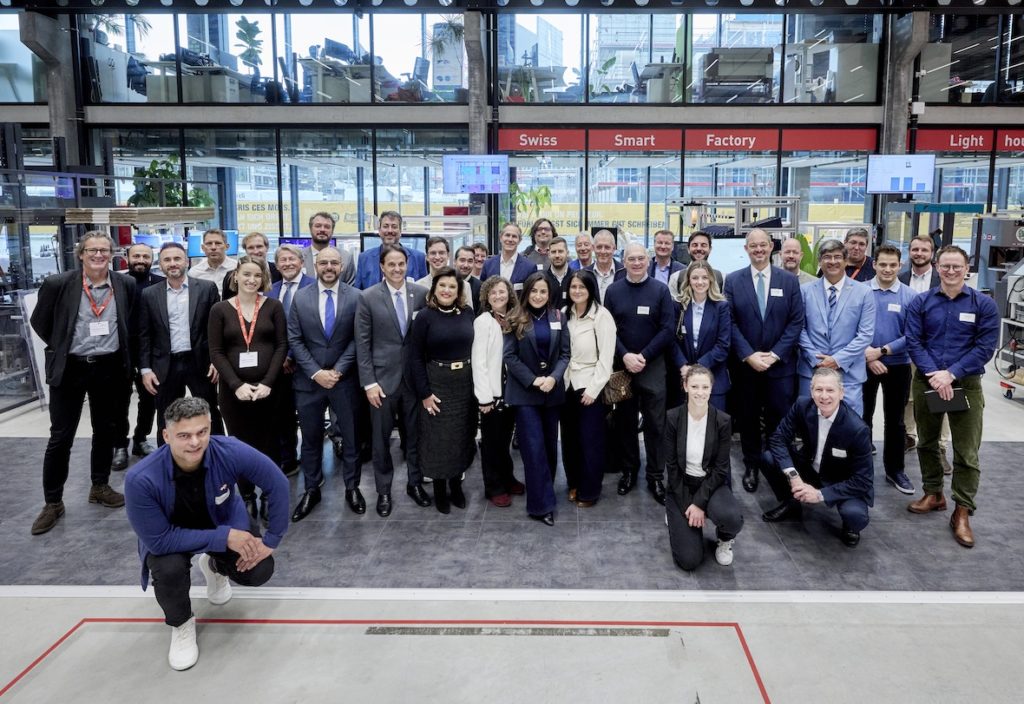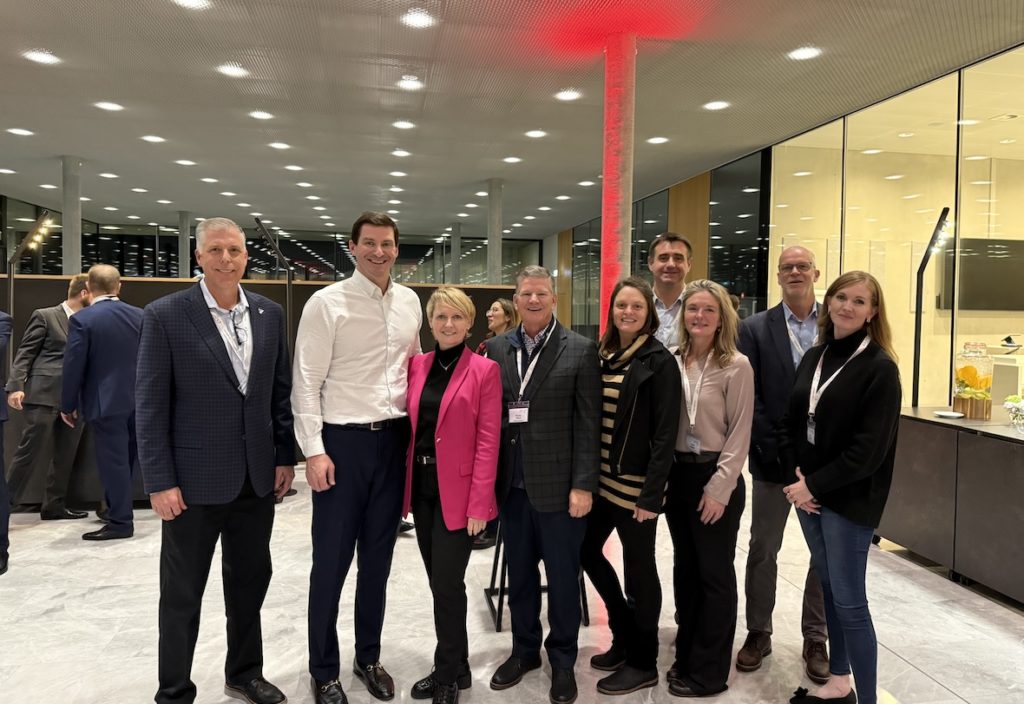
Lausanne and Geneva in the top 10 of IMD’s 2025 Smart City Index
23 April 2025
 Published by IMD and the Singapore University of Technology and Design, the Smart City Index ranks 146 cities based on citizens’ perceptions of how technology improves urban life across key areas like mobility, governance, health, and sustainability.
Published by IMD and the Singapore University of Technology and Design, the Smart City Index ranks 146 cities based on citizens’ perceptions of how technology improves urban life across key areas like mobility, governance, health, and sustainability.
Lausanne and Geneva rank among the world’s smartest cities in IMD’s 2025 Smart City Index, highlighting Switzerland’s leadership in urban innovation.
Western Switzerland continues to distinguish itself on the global stage for its smart city capabilities. According to the 2025 Smart City Index (SCI), published by the IMD Smart City Observatory in partnership with the Singapore University of Technology and Design, Geneva and Lausanne have both earned spots in the global top 10. Geneva ranks 3rd while Lausanne comes in at 10th, demonstrating sustained excellence in digital infrastructure, public services, and citizen satisfaction.
The IMD Smart City Index evaluates 146 cities around the world based on citizen perceptions of how technology is used to enhance urban life. The index considers both the infrastructure (structures) and digital services (technologies) available in each city, organized under five key pillars: Health & Safety, Mobility, Activities, Opportunities, and Governance. Cities are also benchmarked against others with similar socio-economic profiles.
Switzerland remains a model of digital integration in urban governance. Zurich, which once again ranks 1st globally, completes the country’s strong showing with three cities in the top 10. Each of these Swiss cities received an “AAA” rating in all key areas, reflecting a consistent, high-quality experience for residents in terms of both access and usability of technology-driven services.
Citizen priorities and evolving urban challenges
The 2025 edition of the index highlights affordable housing as the most pressing concern among urban dwellers. This trend was observed in over 110 cities, including Geneva and Lausanne, where housing costs continue to be a growing issue, particularly for newcomers and younger professionals. The inflow of international talent and strong economic performance in these cities, while advantageous for innovation, has also contributed to increased demand for real estate.
Nevertheless, residents in both Lausanne and Geneva report strong satisfaction with their cities’ efforts in public transport, online services, job opportunities, and environmental sustainability. These responses underscore the effectiveness of long-term strategies implemented by local authorities to foster urban resilience and digital transformation.
A strategic edge in global competitiveness
Geneva’s position as a global diplomatic hub and Lausanne’s reputation as a center for education and research, bolstered by institutions like the UN, EPFL, and numerous international NGOs, have created fertile ground for innovation in urban policy. Both cities continue to invest in mobility solutions, smart infrastructure, and data-driven governance.
The presence of a dynamic ecosystem spanning start-ups, multinationals, public sector agencies, and academic institutions, also reinforces Western Switzerland’s positioning as a preferred destination for investment and urban innovation. Local and cantonal governments have played an active role in supporting initiatives that align with smart city objectives, from sustainable mobility to AI-assisted public services.
Swiss leadership in smart urban development
The results of the Smart City Index 2025 affirm the strategic value of Western Switzerland’s urban centers in a rapidly evolving digital landscape. As global cities face mounting challenges in sustainability, affordability, and inclusion, examples such as Geneva and Lausanne offer a compelling case study in how a human-centered approach to digital transformation can generate both economic and social value.

